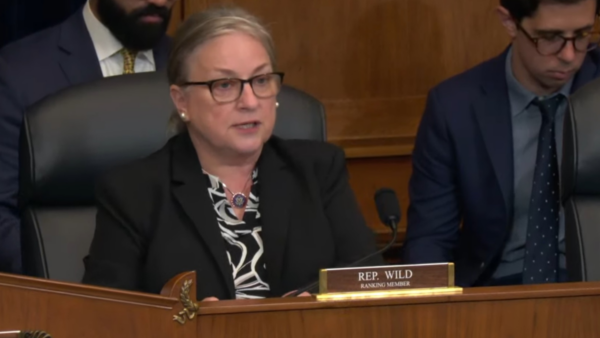On Monday, Brazil’s Federal Accounts Court asked for the suspension of a payroll deduction loan program created by the government earlier this month, believing that the policy could be used to favor President Jair Bolsonaro’s re-election campaign. The same day, the main public bank offering the loans made some changes to the scheme.
The government had opened up special payroll deduction loans for beneficiaries of the Auxílio Brasil cash-transfer program, allowing poor citizens to commit up to 40 percent of their welfare benefits to receive credit. Experts warn that these loans can easily become a debt trap for already financially vulnerable people, as interest rates can exceed 50 percent a year.
One detail of the program had so far gone under the radar, however. Until last weekend, the credit offered by public bank Caixa came with the default option of insurance against default.
This add-on involved charges of up to 3.66 percent — or 9.56 percent for senior citizens — and decreased the net value borrowers can receive. The fee was levied on the total amount of credit.
The measure had already been criticized by the Brazilian Institute for Consumer Protection (Idec), as the risk of default only occurs if the person leaves the Auxílio Brasil benefits program. In cases of death or disability, the loan still needs to be paid by the family member who continues to receive the aid. If the entire family stops receiving payments, they are also still committed to the debt.
“This is an optional condition that, in this case, should not even be offered, as it makes credit which already has a high interest rate even more expensive,” Ione Amorim, a spokesperson for Idec, was quoted as saying.
On Monday, Caixa decided to remove the insurance option after the loan server had been unavailable over the weekend — but hasn’t communicated on the move. The bank told The Brazilian Report that the move was to avoid allegations that Caixa was “taking advantage of a vulnerable population.”
The Brazilian Report revealed this week that databases with private data of millions of beneficiaries of social programs were leaked to financial institutions that offer these payroll deduction loans, in what is a clear breach of data protection laws. The information has been used by bank representatives to aggressively push credit to low-income Brazilians.
The payroll deduction loan program is among the government’s main weapons to reduce the president’s high rejection rates among low-income voters, who mostly support his rival Luiz Inácio Lula da Silva. Recent polls show Mr. Bolsonaro has gained seven percentage points among recipients of Auxílio Brasil benefits.


 Search
Search






































